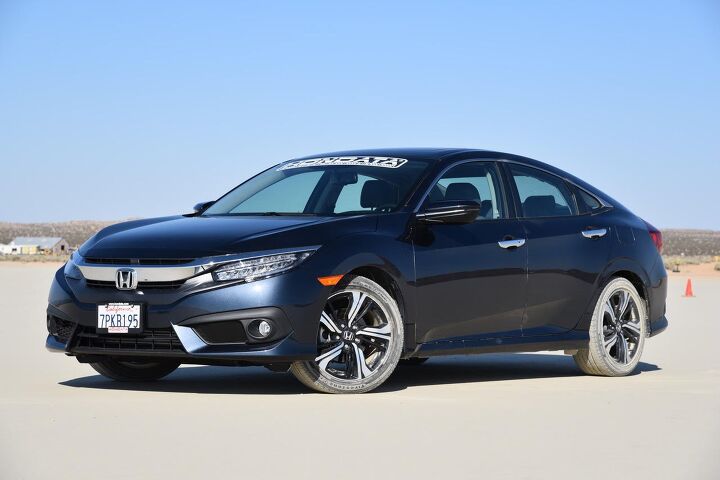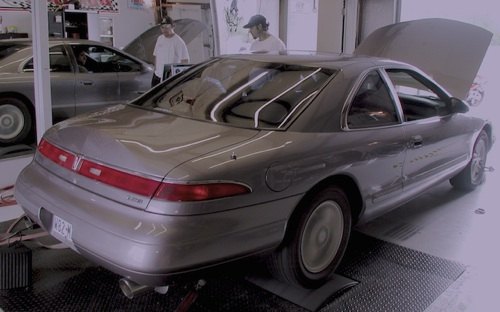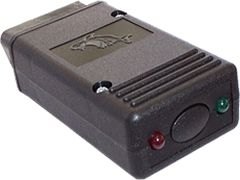Drive a New Civic? Got a Tax Refund? Time to Add Power
Honda’s new Civic is a heck of a car, even if the styling is polarizing. But it’s not a performance car like Civics of old, where mixing and matching engine and transmissions from other models could yield a very quick ride with a stratospheric redline. Enthusiasts are anxiously awaiting the Si and Type-R trims, which promise plenty of power — but what of those who already have a car, or need features the high-performance cars don’t have?
Enter Hondata, the firm that’s been tuning Honda engine management systems for years. It’s been the industry leader for those looking to do those engine swaps, and has developed software and devices to add performance to the factory ECU.
Recently, Hondata released its FlashPro for the newest Civic powered by the 1.5-liter turbo engine, and I had a chance to drive a Hondata-tuned 2017 Civic.
Even stock, the new turbo Civic is faster in the quarter-mile than the previous-generation Civic Si, so the extra performance should be impressive.
Product Review: E30 LS1 Conversion (Van Swearingen)
For its day, the BMW E30 3-series was an impressive blend of German craftsmanship, understated and cohesive style with remarkable performance. Then again, the E30 may lack straight line performance but the handling remains stellar. And the look is almost timeless. But it needs more than 200 horsepower to truly shine outside of its numerous wins at the 24 Hours Of LeMons. Perhaps 345 horses will help the cause. So let’s put a lightweight, torque intensive V8 under the hood to fix that singular shortcoming.
Product Review: SCT Dyno Tuner
Before the days of anti-smog legislation and catalytic converters, anyone looking for more power in their ride needed a few tools, access to a drag strip and intimate knowledge of their carburetor. This concept lives on today, but the names and faces changed: Hot-Rodders are now Tuners. Here’s an idea: let’s see how much power is left on the table after a Tuner gets their hands on a fuel-injected, late-model performance machine. But first a word from our hacker . . .
Product Review: Shark Injector
The full-page ad copy shouted, “I will boost your horsepower & torque.” Whoa! With claims like that, I felt personally challenged to test the Shark Injector. It’s an OBD-II connector that overwrites a part of the BMWs DME (BMW speak for electronic control unit or ECU) with its own internal Conforti software to deliver claimed results. So I installed the Shark Injector on a BMW 325i, one of the many six-cylinder BMWs supported by the Shark (includes all sixes in the 3, 5 and Z series BMWs through 2005, plus the M3 and X5 3.0). Or should I say I set about installing the Shark injector…



















Recent Comments